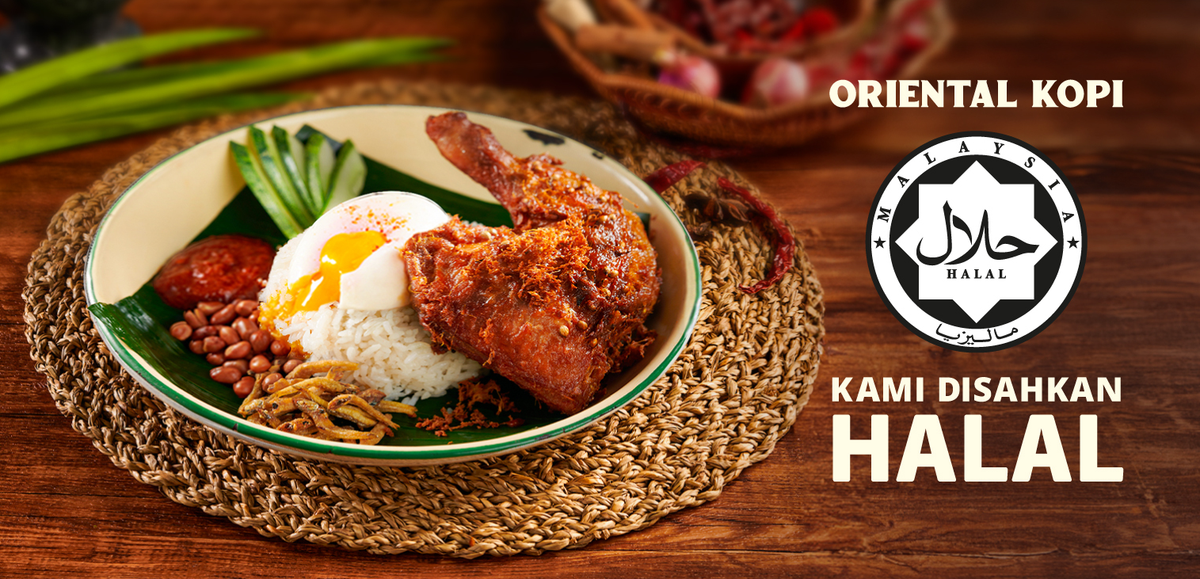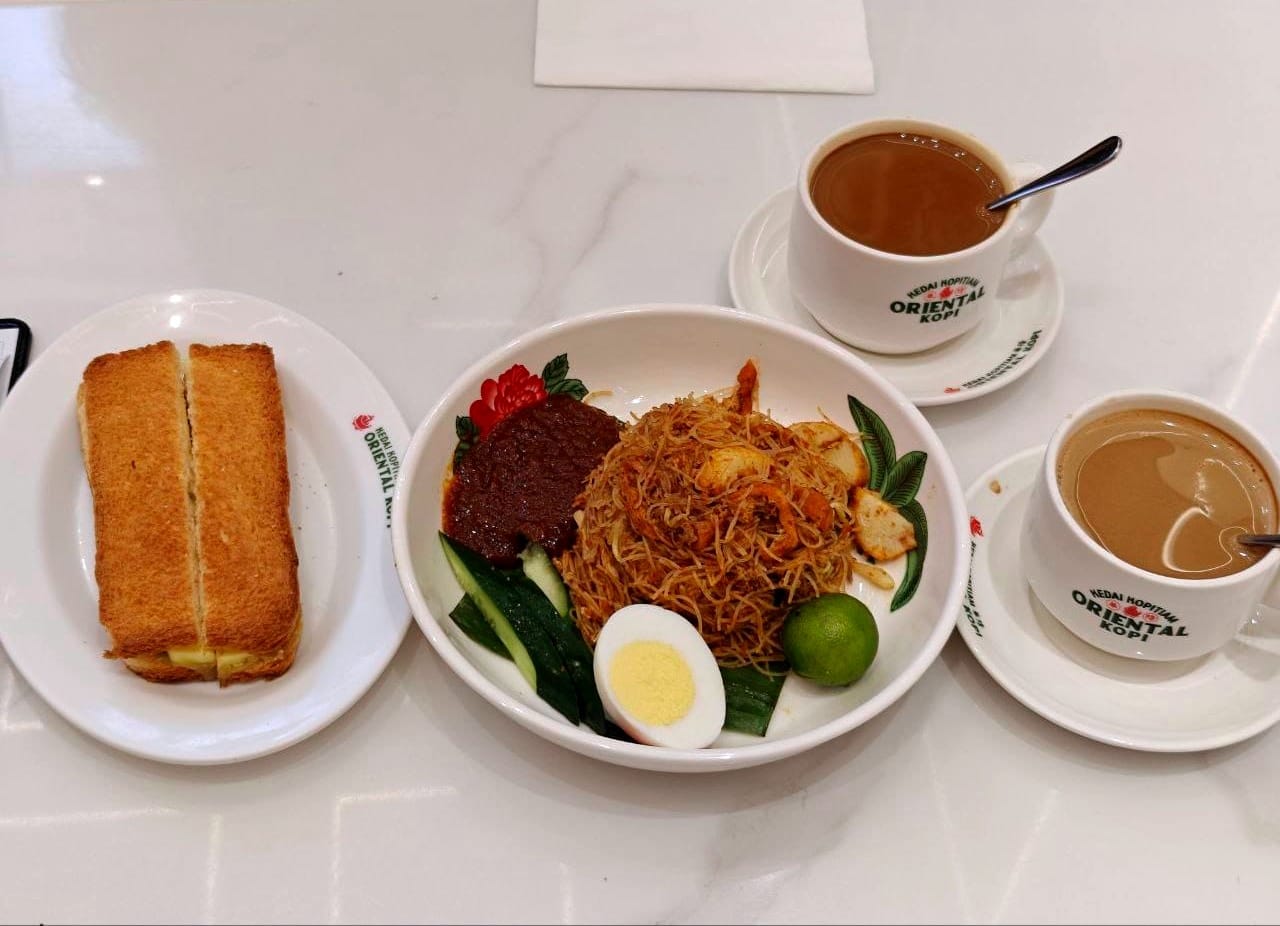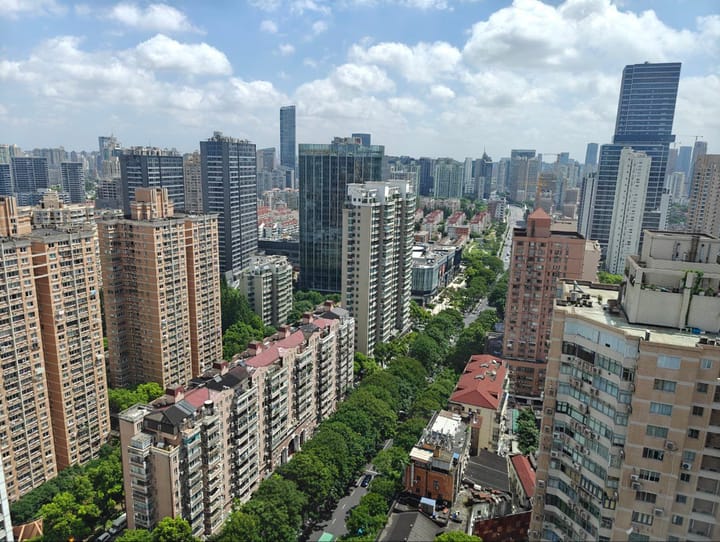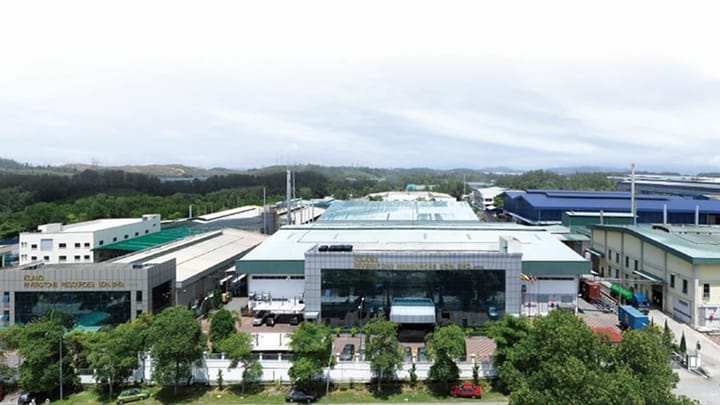Oriental Kopi: Something good is brewing
Benefiting from immense social media popularity, Oriental Kopi’s modern take on the coffeeshop continues to be gaining traction in Malaysia. The company is also pushing ahead with regional expansion.

Long snaking lines of both tourists and locals are a common scene in many of Oriental Kopi’s prime outlets. Benefiting from immense social media popularity, the company’s modern take on the coffeeshop continues to be gaining traction in many cities in Malaysia.
Having started out in Johor about five years ago, the café chain has expanded to more than 20 stores, including an international store in Singapore under a joint venture. At this point, their presence is still mainly concentrated in the Kuala Lumpur, Selangor and Johor region of Malaysia.
The key to their business growth lies in an aggressive store expansion strategy. Off a low base of around 20 stores, they may be on track to double their store count within two to three years. In the medium term, the Malaysian market can likely accommodate close to about 50 stores without diluting their presence in premier shopping malls. Primarily an owned and operated model, Oriental Kopi can also better manage the quality of offerings as well as the customer experience in this way.

Outside of their home base of Malaysia, Singapore is a natural geographical extension due to its proximity to Johor. The ongoing success of the brand among Singapore customers will increase the pipeline of store openings in the country, and Oriental Kopi may gain even more brand awareness when the Rapid Transit Link (to be slated for completion next year) cuts the travelling time for cross-border movement between Malaysia and Singapore down significantly.
Apart from its retail stores, the company also engages in packaged food distribution outside of its own in-store sales. Other distribution channels include online e-commerce platforms and physical resellers like minimarts and specialty retailers. They also export these packaged products to Hong Kong, although they have yet to operate a physical store there.

One differentiating factor for Oriental Kopi store network is that they are highly selective in the locations they want to establish. Despite largely catering to the mass market, their real estate footprint is mainly in reputable malls with large captive market and footfall. They are less inclined to get into locations like neighbourhood shops even though the rent may be much cheaper.
The same can be said for their joint venture with Paradise Group in Singapore. Following their first outlet near Singapore's central business district (opened in November 2024), their second outlet has opened this month and a third is on the way. Both of these locations happened to be where cross-border bus services can be found transporting people between Singapore and Malaysia. In regards to the store management format, joint venture and franchising model provides a more straightforward approach for Oriental Kopi to expand regionally and internationally in contrast to the owner-operator format in Malaysia.
One final element of the company’s resounding success lies in tourism. The brand momentum garnered by Oriental Kopi from the beginning helped propel the business forward to becoming a must-visit café for tourists to Malaysia.
Other than Singapore visitors, Malaysia is also seeing strong growth in inbound tourists from Indonesia and notably, China. The promotion of Kuala Lumpur and Penang as destination cities is likely to accelerate the interest of Chinese tourists. Oriental Kopi’s airport store at Kuala Lumpur International Airport Terminal 2 is one example where it can help gain higher mindshare of arriving travelers. As a result of its social media prominence among tourists, the airport store at the international terminal remains one of the best-performing outlets in their network.



